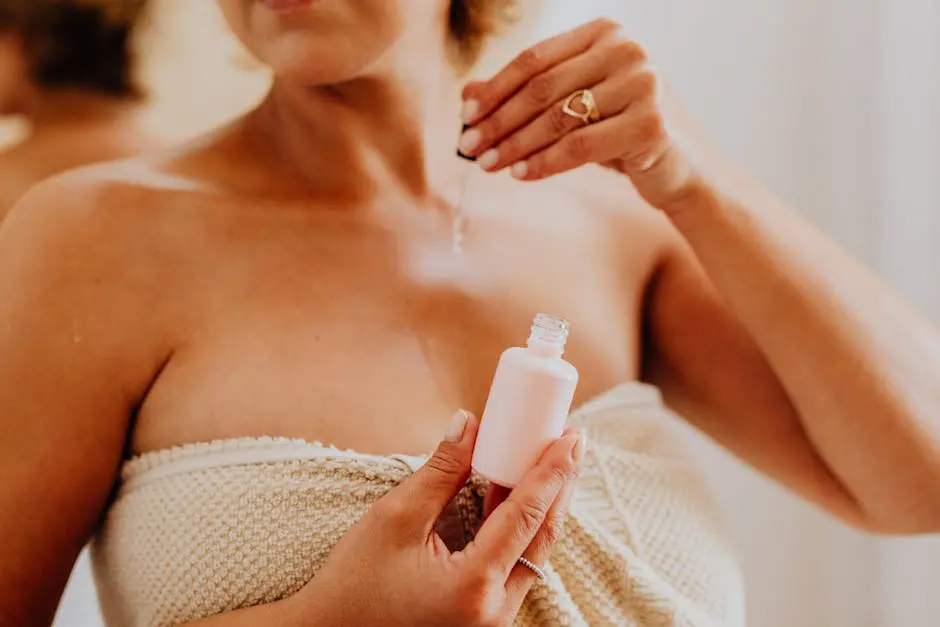Skin tightening procedures have gained popularity for their ability to rejuvenate the skin and give it a youthful appearance. However, if you have sensitive skin, you might be wondering if these procedures are safe for you. In this blog, we’ll explore the safety of skin tightening treatments for sensitive skin and address some common concerns.
Understanding Sensitive Skin
Sensitive skin often reacts to products and environmental factors, making it prone to redness, irritation, and discomfort. Understanding what makes your skin sensitive is the first step towards safe skin tightening treatments.
Certain triggers such as harsh weather conditions, incorrect skincare products, and even stress can exacerbate sensitive skin conditions. Thus, sensitivity isn’t just an intrinsic skin condition—it can be a reaction to various external stimuli.
Identifying these triggers is crucial. Pinpointing if your sensitivity stems from allergies, dryness, or other skin conditions can help tailor the right skincare routine and approach to skin tightening treatments for you.
Common Skin Tightening Procedures
There are various skin tightening options, from non-invasive methods like ultrasound and radiofrequency to more intensive procedures like laser treatments. Each has different impacts on sensitive skin.
Ultrasound treatments use sound waves to penetrate deep into the skin, stimulating collagen production. They are considered safe and often recommended for individuals with sensitive skin, as they are gentle and usually devoid of harsh chemicals.
Radiofrequency treatments work by heating the skin to trigger collagen and elastin production. These procedures can vary in intensity, so it’s crucial to discuss the options with a professional to ensure they suit sensitive skin types.
Laser treatments are known for their precision but can be more abrasive. They require more caution when dealing with sensitive skin due to the potential for redness and irritation. If considering laser therapy, ensure it’s administered by an experienced professional who can tailor the treatment to your skin’s sensitivity.
Factors to Consider Before Treatment
Before proceeding with a skin tightening procedure, consider your skin’s sensitivity level, the type of procedure, and any previous skin reactions. It’s essential to consult with a skincare professional.
Evaluate any past reactions to cosmetic procedures or skincare products. Gathering this information provides a clearer picture to the practitioner, ensuring they can adapt the treatment to your specific sensitivity needs, minimizing adverse effects.
Discuss any medications or topical treatments you are currently using, as these can interact with the procedure or its outcomes. Full disclosure aids the practitioner in assessing potential risks and adjusting the process to maximize safety.
Consulting with a Dermatologist
A dermatologist can help assess your skin’s unique needs and recommend treatments that are safe and effective for sensitive skin. They can also provide guidance on post-treatment care.
During consultation, a dermatologist will likely perform a thorough skin analysis. This includes evaluating texture, tone, and elasticity, providing deeper insights into how your skin might react to different tightening treatments.
Dermatologists can also offer guidance on alternative treatments or necessary pre-treatment regimens to prepare your skin, thus minimizing risks and ensuring success in achieving tighter, healthier skin.
Post-Treatment Care for Sensitive Skin
After undergoing a skin tightening procedure, follow a gentle skincare routine to soothe sensitive skin. Use mild moisturizers and avoid harsh products to maintain the results.
Hydration is key. Regularly applying a hydrating, fragrance-free moisturizer helps in retaining moisture and aids in the healing process, reducing the likelihood of post-treatment dryness or irritation.
Sun exposure can exacerbate irritation, so it’s crucial to incorporate a broad-spectrum sunscreen into your daily routine post-treatment. This will protect the skin from harmful UV rays that can diminish results and cause further sensitivity.
Stay observant of any unusual changes post-procedure. If redness or swelling persists, or if you experience unexpected discomfort, do not hesitate to reach out to your dermatologist for professional advice.
Conclusion: Navigating Skin Tightening with Care
While skin tightening procedures can be beneficial, it’s crucial for those with sensitive skin to proceed with caution. Consulting with a dermatologist, understanding your skin type, and following a tailored post-treatment routine are essential steps to ensure safety and effectiveness. With the right precautions, you can achieve the desired results without compromising your skin’s health. For more information on safe treatments, visit our homepage.

